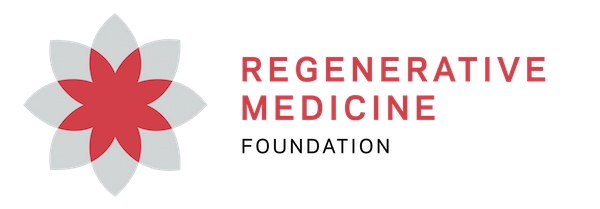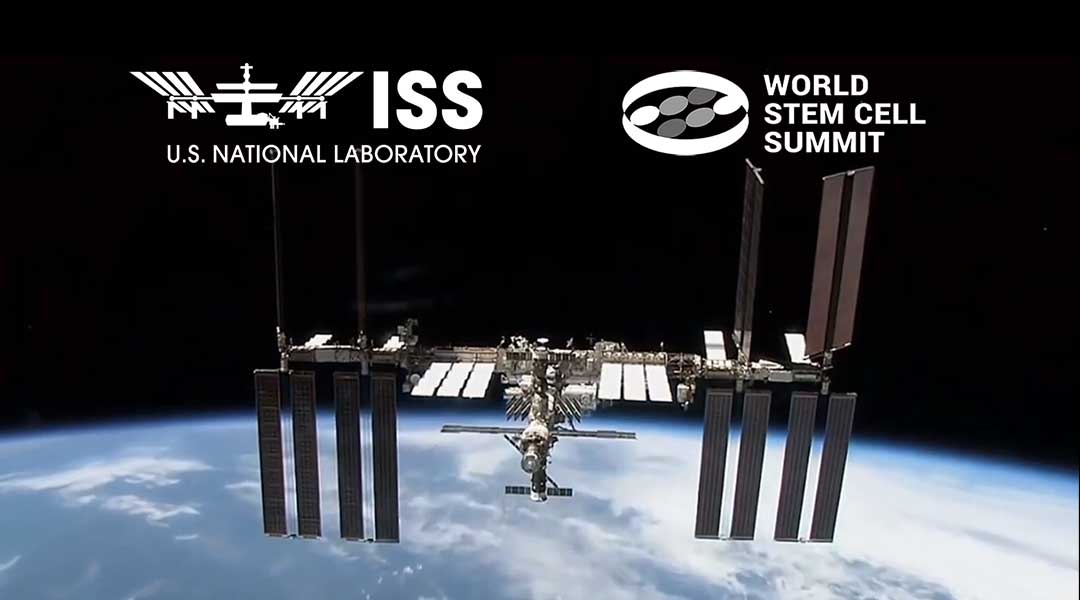The International Space Station (ISS) U.S. National Laboratory will host a panel of industry experts on the impacts of health, aging, and human survival research onboard the orbiting laboratory at the World Stem Cell Summit. This annual event brings together noted science, industry and policy experts in regenerative medicine. It also provides multiple forums to discuss the impacts of current research on the ISS and future opportunities in space that promise to accelerate the translation of cell-based therapeutics for patients on Earth. The summit is taking place virtually from Wednesday, June 16, through Friday, June 18th.
The Expanse! Stem Cell Research on the International Space Station – Impact on Health, Aging, and Human Survival session will take place on Wednesday, June 17, from 11:00 a.m. ET- 12:00 p.m. ET and will be moderated by Dr. Marc Giulianotti, senior program director for the ISS National Lab. The following panelists will join him:
- Jeanne Loring, Ph.D., professor emeritus, Scripps Research Institute
- Christopher Porada, Ph.D., professor, Wake Forest Institute for Regenerative Medicine
- Gordana Vunjak-Novakovic, Ph.D., professor of biomedical engineering, Columbia University
- William Wagner, Ph.D., director, McGowan Institute for Regenerative Medicine
The Center for the Advancement of Science in Space (manager of the ISS National Lab) has advanced stem cell and regenerative medicine research through grants awarded that leverage the ISS National Lab, such as the “Impact of Microgravity on Fundamental Stem Cell Properties” and “Microphysiological Systems for Organs-on-Chips Research” solicitations. Additionally, the ISS National Lab has collaborated with the National Institutes of Health to support tissue chip research focused on human physiology and disease and the National Science Foundation to support tissue engineering concepts in a space-based environment. On the most recent SpaceX Commercial Services Resupply mission (funded by NASA) earlier this month, a second tissue chip investigation from the University of Washington launched to the orbiting laboratory focused on the development of more effective countermeasures for kidney diseases.
Tissue engineering and regenerative medicine are strategic areas of focus for the ISS National Lab. Conducting such research and development in the absence of gravity can provide us with a better understanding of diseases and improve drug design for thebenefit of humanity. As such, in 2019, the Regenerative Medicine Foundation awarded the ISS National Lab its foundation’s annual Leadership Award for enabling stem cell and regenerative medicine investigations in a space-based environment.

